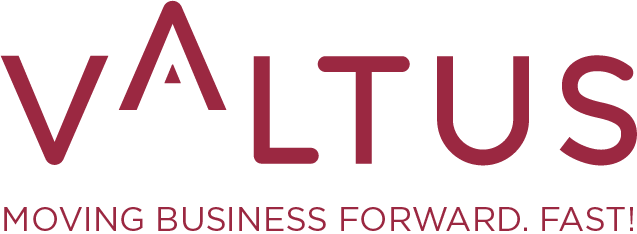The growth rate of UK worker productivity has been declining since 2008. Against this backdrop there continues to be much discussion about the future of work and what changes are needed to drive productivity growth.
Much of this discourse is centred on the impact on productivity of increased remote/hybrid working post-pandemic, and how many days employees should spend in the office each week.
It is notable that some CEOs are still reported as feeling that hybrid working post-pandemic is an aberration and that their organisation will go back to “normal” at some point. Their belief is that workers will be more productive when they are spending five days per week in the office.
I am not convinced this will have the desired effect and believe there is another way to organise modern working practices and increase productivity: by work becoming skills based and outcome focused.
Progressive organisations are already embracing this shift. Moving away from viewing work through the lens of jobs and instead identifying the skills of their employee population; then matching employees to relevant projects and tasks where their skills best create value for customers and stakeholders.
The longer-term effect of this approach is to effectively create an internal gig economy. Additionally, a skills-based approach can provide significant benefits in relation to retention (work becomes more interesting; employees can find new challenges without leaving the organisation) and diversity (a focus on skills reduces bias in relation to networks, status, gender and ethnicity) amongst the employee population.
Outcome based management has also come into sharper focus amongst forward thinking organisations. This model sees work being organised by desired output; it is about the end product, not presenteeism. When allied with a skills-based approach, this most progressive of models begins to resemble a segment of the labour market which has been in existence for decades: Interim Management.
To recap, Interim Management is defined as the use of senior, highly skilled individuals engaged on a short-term basis to solve specific transition issues. For example, transition issues could be managing the unexpected departure of senior leaders; business turnaround; transformation initiatives; driving growth; managing M&A and integration.
Regardless of the specific transition issue which interim managers are tasked with solving, there are two defining characteristics which should be common across all genuine interim management assignments: that the objectives of the transition are clearly defined at outset and that the interim manager has the necessary skills to deliver the desired outcome. Without these two characteristics, the interim manager is simply a contractor doing a job.
At Valtus we have always operated with a defined methodology which ensures we approach our clients’ transition issues with a skills based, outcome focused mindset. Our operating model features a distinct Talent Consulting team which is responsible for identifying the skills of our network of interim managers.
Skillsets are validated through an assessment tool, an interview process and by referencing previous assignments. Only then are interim managers matched to relevant assignments. Focusing on skills means interim managers can solve similar problems in different sectors, within reason.
Critically, we also work in a tripartite manner with both the interim manager and our client to ensure the objectives of an assignment are clearly defined at outset. This means we know what the interim manager is trying to achieve and can be sure when they have successfully done so. We meet with the interim manager and the client throughout the course of the assignment to ensure performance remains on track. At Valtus, we judge success at the end of an assignment, not on simply having recruited someone for our client.
Interim Management continues to grow as a segment of the labour market and as the world of permanent work becomes more aligned with a skills based, outcome focused approach, we believe it will become easier for interim managers to be deployed more widely.
There is still some mystique about what interim managers do; when an organisation is viewing all work through a skills based, outcome focused lens it will be easier to integrate external interim talent into core employee teams as the existing skills gaps will be evident.
So, our simple message to business leaders who want to embrace the future of work is this: Be More Interim in your thinking.
If you would like to learn more about Interim Management and the value it creates, please get in touch.

